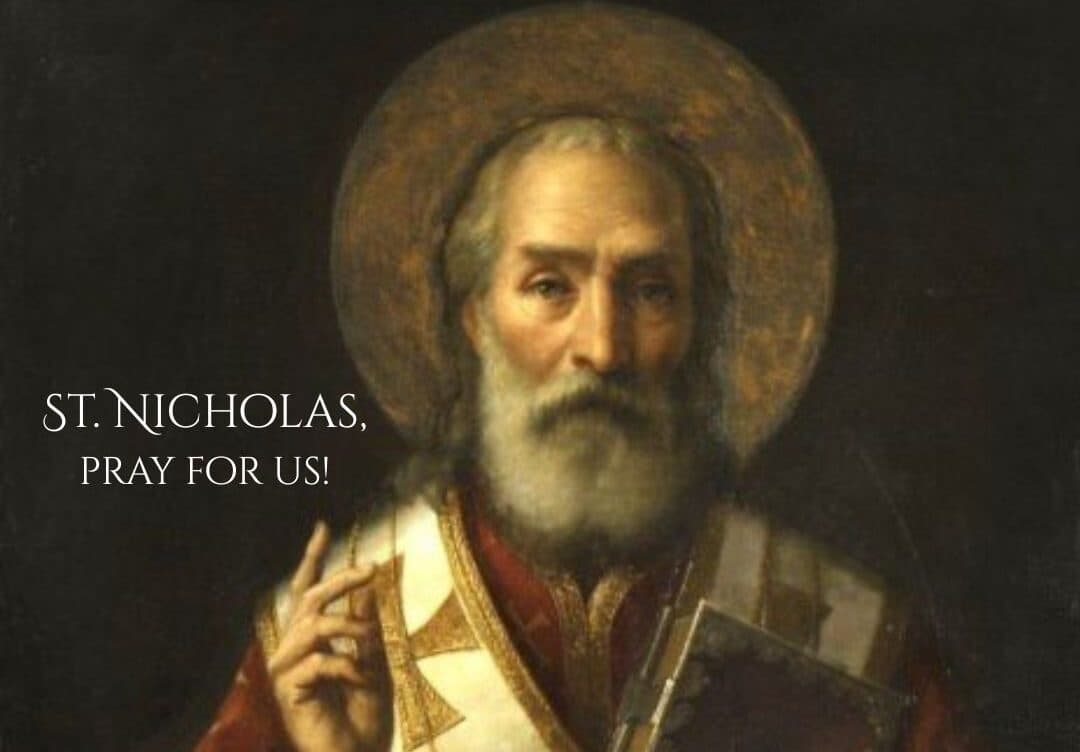
St. Albert the Great: Patron of the Sciences and CatholicTech

The first academic term of Catholic Institute of Technology concluded last Friday, November 15, which coincided with the Feast Day of one of our patrons, St. Albert the Great. To celebrate, members of CatholicTech attended a conference at the Pontifical University of St. Thomas Aquinas focused on St. Albert’s work on bridging science and faith.
Students, faculty, and staff met with members of the Angelicum to hear lectures on the patron of scientists and to attend a Gold Mass, a Mass of celebration for scientists. The conference included lectures by Dr. Katja Krause from the Max Planck Institute for the History of Science and Fr. Thomas Davenport, O.P., who studied physics at the California Institute of Technology and earned his doctorate in physics from Stanford University.

Dr. Krause’s talk – “Why Logic is Useful and Best Applied in Science: Insights from Albert the Great” – focused on the art of logic according to St. Albert. She emphasized how scientia, or the acquisition of knowledge, is an action that occurs between the teacher and student. Through the habit of scientia, the student is able to move towards the universals, which are necessary for the study of the natural sciences. Dr. Krause specializes in medieval thought, including Albert, Aquinas, and other pre-Modern philosophies. The Max Planck Institute for the History of Science, where Krause is a Research Group Leader for Pre-Modern Sciences, is dedicated to studying historical epistemology and scientific thinking from interdisciplinary perspectives.
Fr. Thomas Davenport, O.P., gave a lecture titled “The Relationship between Science and Philosophy according to Albert the Great.” By using the thoughts of previous Dominicans as a guide, Fr. Davenport explored Albert’s understanding of natural science and its importance in the historical context of scientific thought. St. Albert wrote a vast amount of work on different topics in the natural sciences, including botany, astronomy, geography, metaphysics, mineralogy, logic, biology, and more! Fr. Davenport stressed the value of looking at things, especially in science, from a historical context in order to see why things were understood differently at different times in history. Rather than discarding ideas that today seem wrong, if we look from a historical perspective, we can understand better how the views of science have changed over time.
It is especially important to consider this approach when explaining the connection between faith and science. Many do not see how science has ever been connected with the Church, but when you look at this relationship from a historical context, it is easy to see that the Church has always held a fundamental role in the development of the sciences. St. Albert the Great is a prime example of how the Church has had a lasting impact on scientific thought. May St. Albert the Great intercede for us in our endeavors, as our students continue their final exams this week, and as we continue to foster a community of saints, scholars, and scientists.





